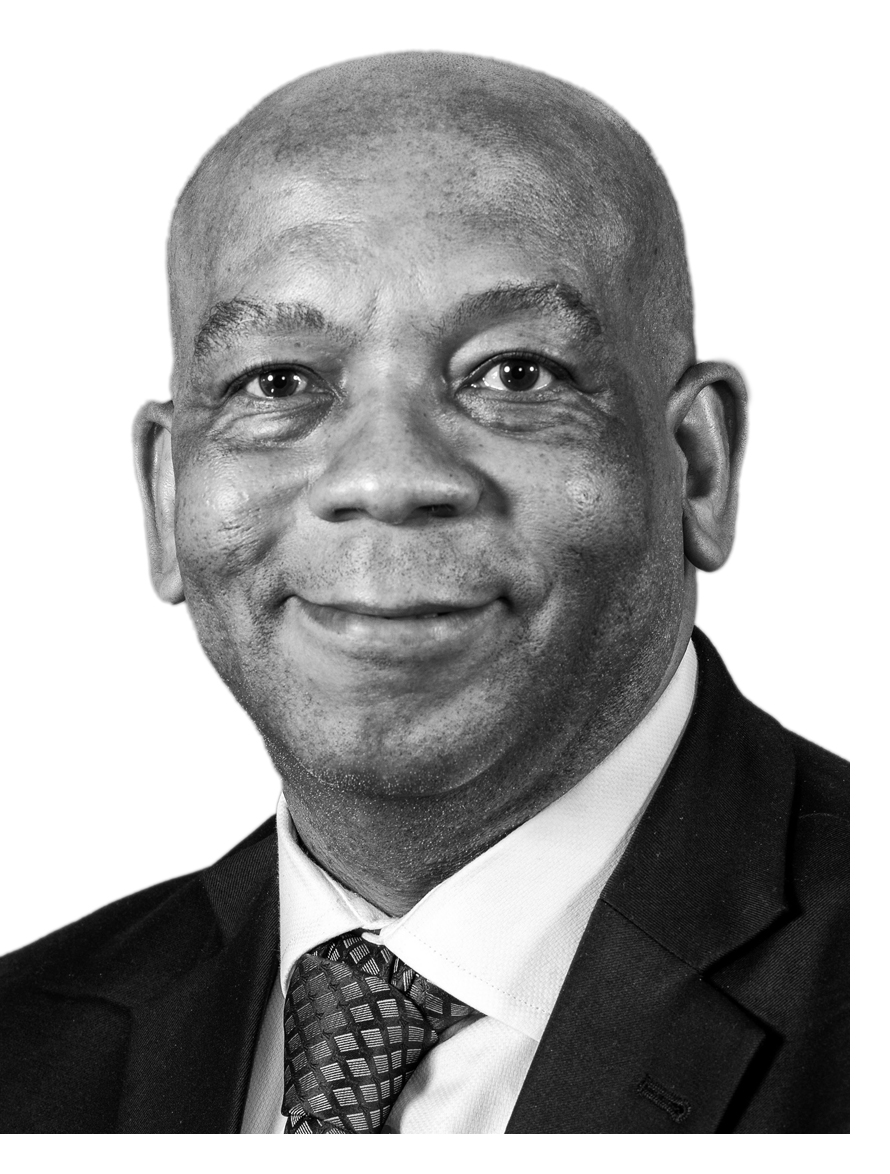Minister in The Presidency, Khumbudzo Ntshavheni will brief media on the outcomes of the Cabinet meeting held on Thursday, 16 November 2023.
Members of the media are invited to cover the media briefing as follows:
Date: Monday, 20 November 2023
Time: 10h00
Venue: Ronnie Mamoepa Press Room, Ground Floor, Tshedimosetso House, Cnr Francis Baard and Festival Streets, Hatfield, Pretoria
Live Streaming details:
Facebook: http://facebook.com/GovernmentZA
Twitter: http://twitter.com/GovernmentZA
YouTube: https://www.youtube.com/user/GovernmentZA
Media enquiries: Nomonde Mnukwa - Acting Government Spokesperson Cell: 083 653 7485
Issued by: The Presidency and Government Communication and Information System,
Pretoria






